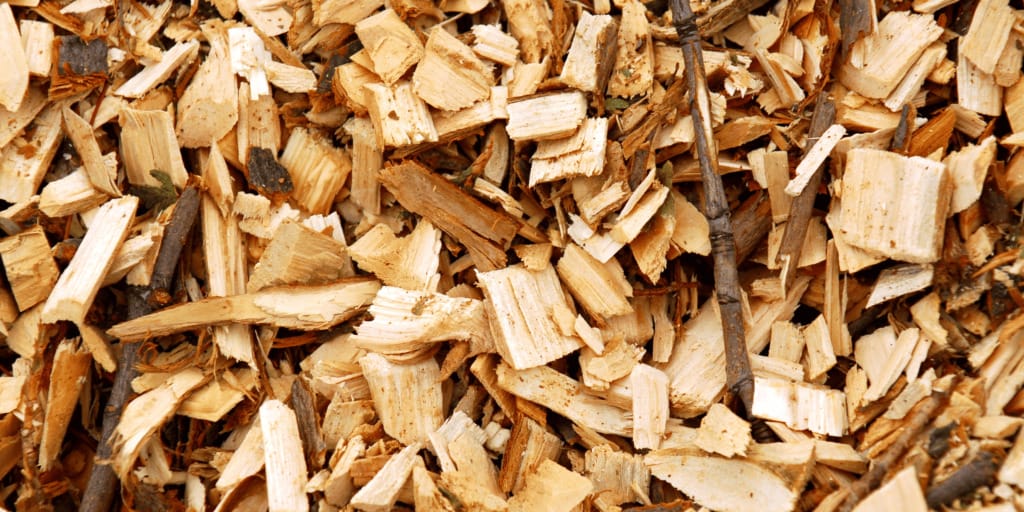

In the fight against climate change, reducing CO2 emissions has become a priority for governments, businesses, and individuals around the world. A promising approach to reducing these emissions is to convert organic waste streams into high-quality sustainable raw materials, fuels and energy. This innovative approach not only offers a solution for reducing greenhouse gas emissions, but also offers opportunities for creating a circular economy.
The challenge of organic waste
Organic waste streams, such as food waste, green waste and manure, are a significant source of greenhouse gas emissions and environmental problems. When organic waste is disposed of in traditional landfills or decomposed in an uncontrolled manner, it releases methane, a potent greenhouse gas that contributes to climate change. In addition, the decomposition of organic waste streams contributes to air and water pollution, soil degradation and loss of biodiversity. To address these challenges, innovative solutions are being sought for converting organic waste into valuable products and energy sources.
Alternative to fossil coal
The use of woody waste streams as an alternative to fossil coal is a promising step towards carbon reduction. These waste streams, such as sawdust, wood chips and residual wood from forestry and wood processing activities, provide a sustainable source of energy. Burning them instead of coal reduces greenhouse gas emissions, as woody biomass is basically carbon neutral – the carbon released during combustion is absorbed from the atmosphere as the trees grow. In addition, the use of wood residues contributes to waste reduction and promotes a circular economy.
The conversion process
Perpetual Next's carbonization technology is an example of an innovative thermochemical conversion process used for the conversion of organic waste into valuable products and energy sources. The carbonization process takes place in an oxygen-deficient environment, which allows for efficient decomposition of organic matter and promotes the production of useful end products.
The organic material is passed through the reactor and subjected to high temperatures and atmospheric pressure. These conditions cause the material to be gradually dried and then carbonized in an anaerobic atmosphere. In this way, organic wood waste is upgraded to high-quality carbon which has similar properties to fossil carbon.
Benefits of the conversion process
Converting fibrous organic waste streams, including waste wood, into valuable products and energy sources offers several benefits for the environment, the economy, and society as a whole. By converting these residues into fuels and energy, fossil greenhouse gas emissions can be significantly reduced, thereby reducing its contribution to climate change.
The use of organic waste as a raw material for new products and energy sources contributes to the development of a circular economy. The conversion processes provide economic opportunities for companies by creating new markets for organic materials and generating revenue from the sale of valuable products such as energy and raw materials.